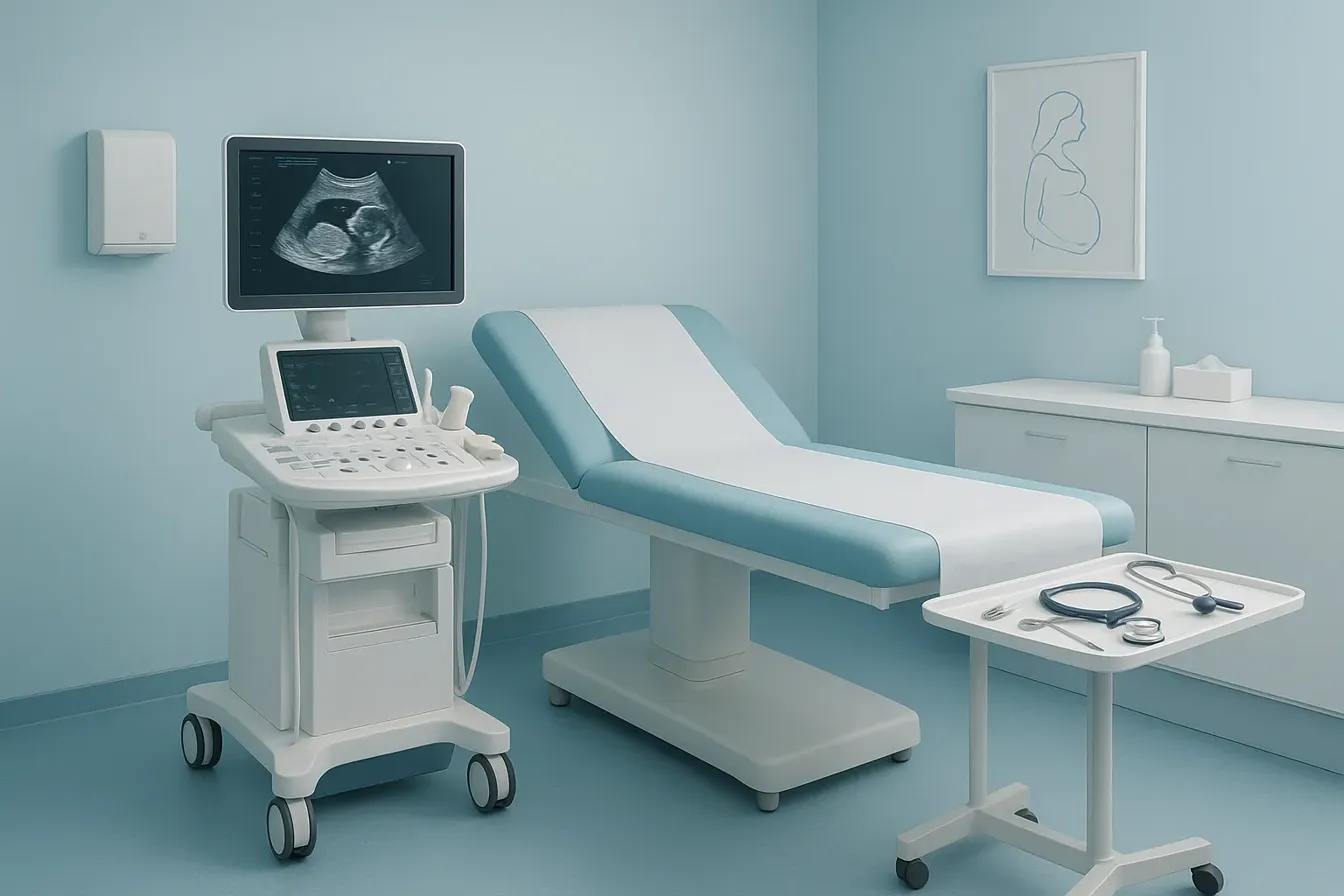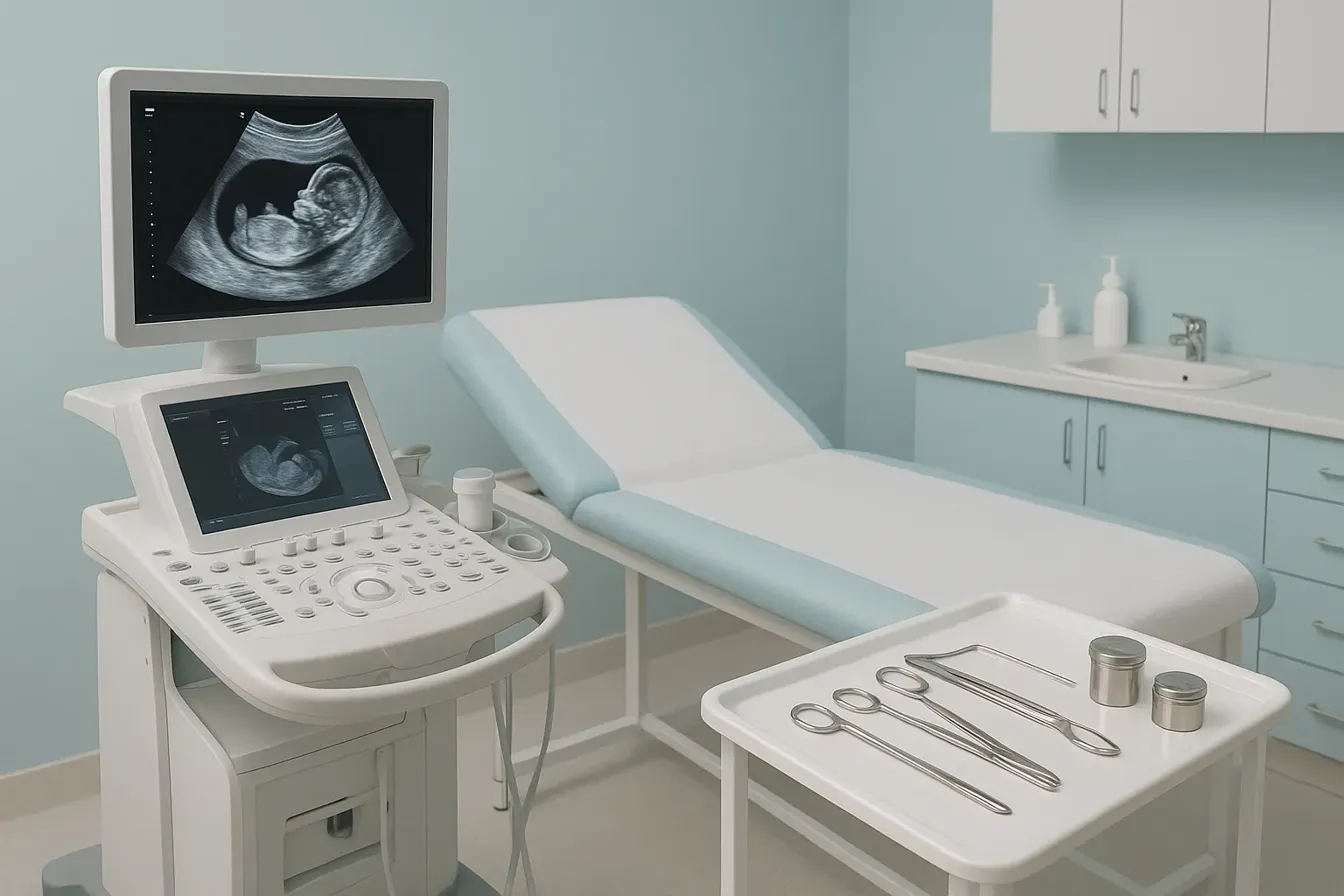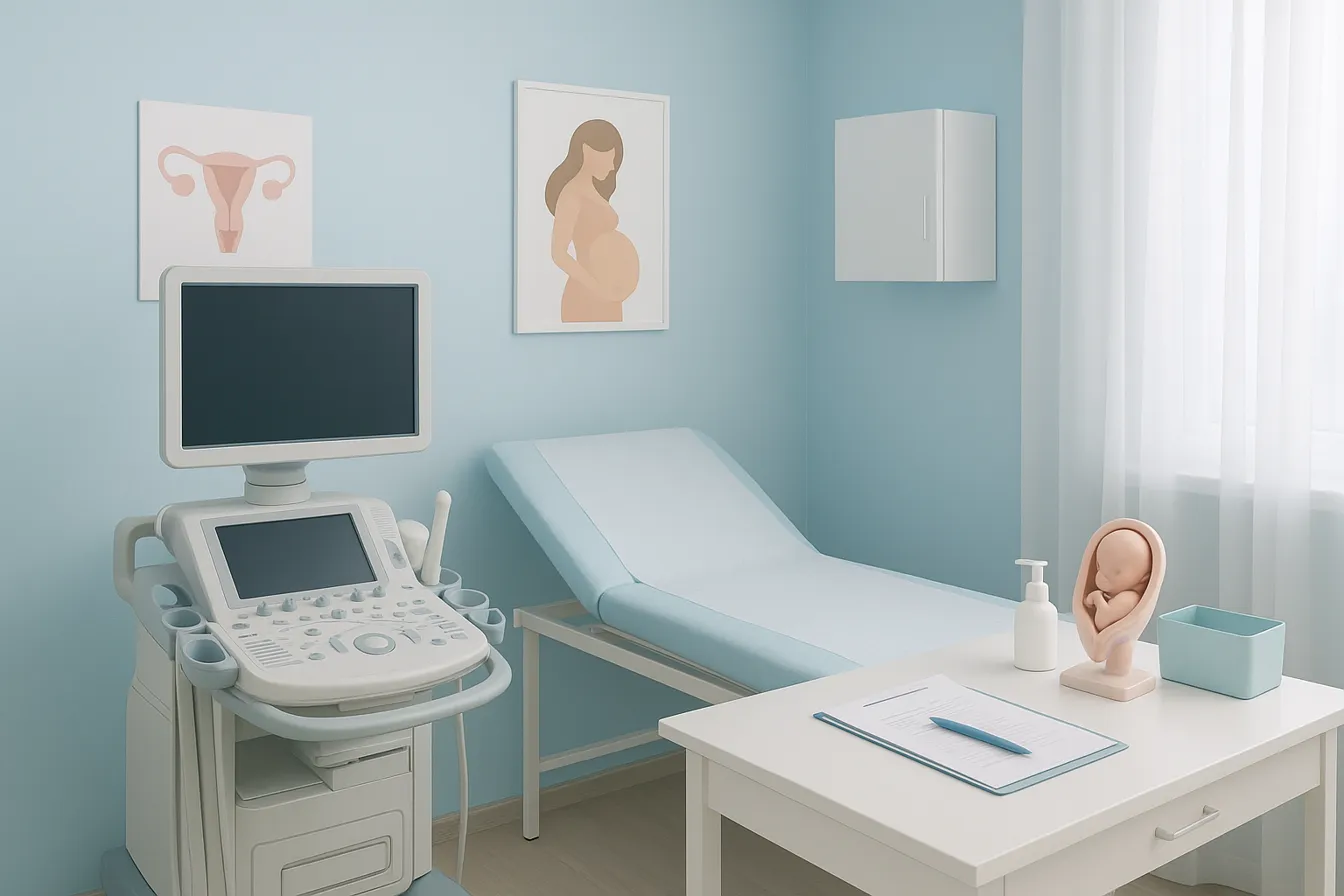Enhancing Pregnancy Outcomes Through Tailored and Respectful Prenatal Care

(EDIT NOTE: Come on, guys; Google Glass is going to be used by every doctor in a busy setting within five years, it is going to be more than ambulances; see Augmedix and invest your hard earned dollars)
Picture the aftermath of a car crash. First responders work quickly to treat victims, shuttling them into ambulances while sharing their assessments by phone with doctors at a nearby hospital. It’s an anxious moment for all involved. For doctors, much of the tension stems from a lack of control—their input is limited by a paramedic’s ability to describe a patient’s condition.
Soon some emergency room doctors have more to draw from. Paramedics from Medical Express Ambulance Service will begin streaming live video to hospitals in February via a modified version of Internet-connected eyewear Google Glass.
“When you turn that camera on, it enables much better care of the patient. The visual answers so many questions instantly, as opposed to hearing somebody describing the patient,” says Dr. Eddie Markul, medical director of emergency medical services at Advocate Illinois Masonic Medical Center, which is piloting the Google Glass program with MedEx, as the Skokie-based service calls itself.
The coup for MedEx CEO Lauren Rubinson-Morris wasn’t just the technology. She says it was complying with privacy restrictions set by the government’s Health Insurance Portability and Accountability Act.
The company began talks with Google in mid-2012 and convinced the Mountain View, Calif.-based tech giant to let it develop an alternative operating system for the device. Pristine, a software firm in Austin, Texas, built that OS, and last April, MedEx petitioned the Illinois Department of Public Health for approval. Rubinson-Morris finally got it in November. She thinks the pilot program is the first HIPAA-compliant ambulance-video program in the nation.
‘CUTTING EDGE’
“This is exciting technology, but there are major HIPAA issues,” says Dr. Patricia Lee, chair of emergency medicine at Chicago-based Illinois Masonic. “MedEx went about this in a very thoughtful and respectful way.”
MedEx spent $250,000 to develop the service but won’t charge hospitals or patients extra. Instead, Rubinson-Morris is banking on expanding business with “hospitals that are looking at telemedicine and the future and want to be part of the cutting edge of things.”
Rubinson-Morris, 59, launched Med-Ex in 1998 after 18 years in the ambulance business; she started as an office manager. Her privately owned company has 350 employees, and clients include Ann and Robert H. Lurie Children’s Hospital, University of Chicago Medicine and University of Illinois Health Center at Chicago, in addition to Advocate Illinois Masonic. In the last year, MedEx has added 10 critical-care ambulances, priced at $250,000 each, to its 60-vehicle fleet. The new ambulances include Wi-Fi hotspots that facilitate video transmission to hospitals.
Rubinson-Morris declines to disclose revenue or profit.
The debut of MedEx’s Google Glass test—it has five pairs of the glasses—comes as Google seems to have second thoughts about its Internet eyewear. In mid-January the company halted its Google Glass Explorer beta test, through which the devices were sold for $1,500 apiece. Glass isn’t dead; Google says it is shifting the unit out of its research division. For the moment, new units aren’t available to consumers, but MedEx can continue to buy them as a participant in the Explorer program.





.png)